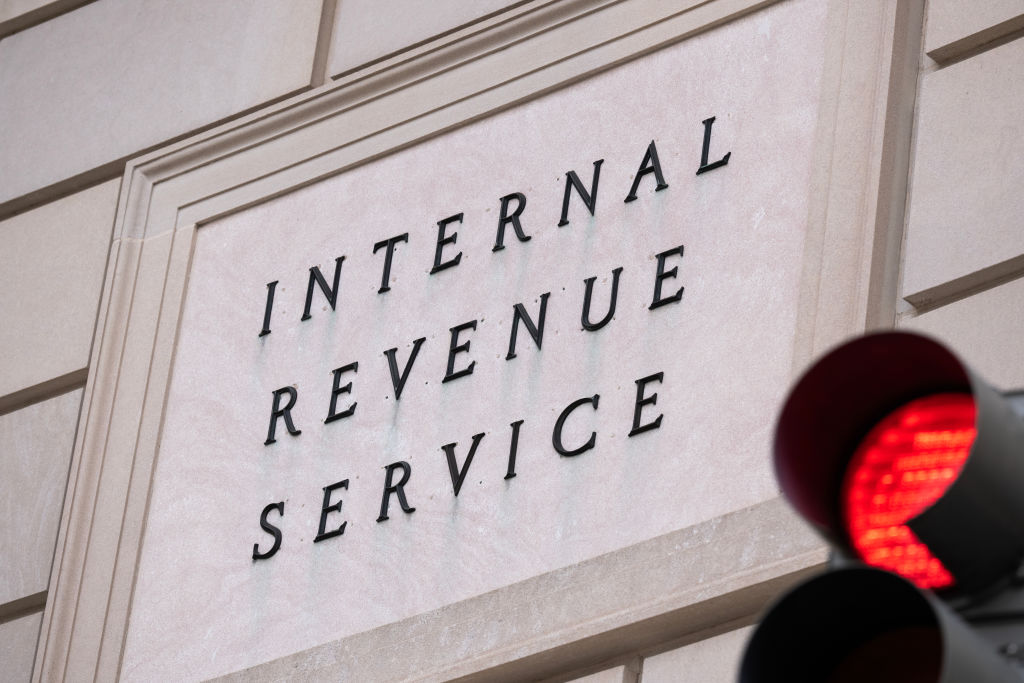President Donald Trump’s 10% tariff on all countries took effect over the weekend, and on Monday, April 7, U.S. stocks fell by at least 20%, entering what is known as a “bear market,” CNN reported.
According to Dictionary.com, a bear market — the opposite of a bull market — is a prolonged period of declining stock prices, generally defined as a drop of 20% or more from a recent high, though not a formal measurement.
On Thursday, April 3, stock markets had already experienced their worst day since the start of the COVID-19 pandemic in 2020, AFROTECH™ reported. Then came Friday with another record drop.
The S&P 500 index, which tracks 500 leading U.S. companies, fell by over 4%, marking a decline of more than 16% from its peak. The Russell 2000 index, which follows smaller U.S. companies, plunged by 5.3%.
The tech-heavy Nasdaq Composite index — already in a bear market — had experienced a decline of over 5% on Thursday, marking its worst trading session in more than five years. It continued to slide by approximately 3.9% on Friday.
The sharp decline in the stock indexes follows Trump’s recent tariff announcement, which prompted China to impose a 34% duty on U.S. goods on Friday in retaliation. Trump has since issued a warning to China: Remove the retaliatory tariffs by Tuesday, April 8, or face new 50% tariffs starting Wednesday, April 9.
“Yesterday, China issued Retaliatory Tariffs of 34%, on top of their already record setting Tariffs, Non-Monetary Tariffs, Illegal Subsidization of companies, and massive long term Currency Manipulation, despite my warning that any country that Retaliates against the U.S. by issuing additional Tariffs, above and beyond their already existing long term Tariff abuse of our Nation, will be immediately met with new and substantially higher Tariffs, over and above those initially set,” Trump wrote in a TruthSocial post on Monday.
He added, “Therefore, if China does not withdraw its 34% increase above their already long term trading abuses by tomorrow, April 8th, 2025, the United States will impose ADDITIONAL Tariffs on China of 50%, effective April 9th.”
Trump also said Beijing’s refusal to remove the 34% retaliatory duties would result in the cancelation of requested meetings from China, while other countries would begin trade negotiations immediately.
Since returning to office for his second term on Jan. 20, Trump has imposed a 34% tariff and two rounds of 10% additional tariffs on all Chinese imports, CNN reported. If he does implement an additional 50%, Chinese goods arriving in the U.S. would be subject to effective tariffs of 104%.

















